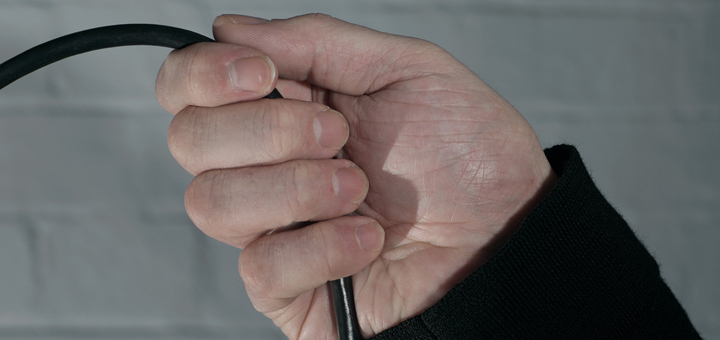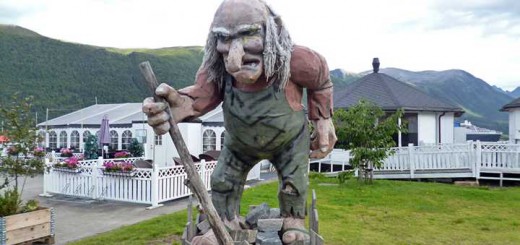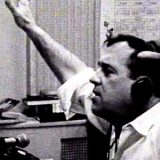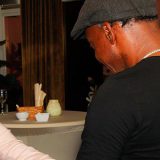Your Mic Cable Could Be A Line In The Sand
When Fred Jacobs writes about radio, we podcasters ought to sit up and pay attention. Much of what he has to say about radio transfers directly to the challenges we face in podcasting every day. And many of the solutions he recommends to broadcasters are ones we can either adopt or adapt to our own situations.
And when Jacobs writes about PODCASTING, well, this ought to be the first thing you read in the morning.
So it is with this post. Along with his beliefs in the future of podcasting for both radio stations and independent practitioners, Jacobs shares his insights into why radio stations ought to—no, make that need to—dive into podcasting.
Production techniques, a sense of timing, and storytelling are all key ingredients central to creating great podcasts. But here’s the dirty little secret – there are some very good podcasts out there that cannot find an audience because their producers have no viable means of promoting or marketing them to their target audiences. Contrast that with radio, a medium that makes it relatively easy to draw a sizable crowd.
But I Don’t Do Radio
You don’t have to read between the lines to see the line Jacobs is drawing in the podcasting sand:
- experienced radio talent can, and will, create great audio entertainment, both on and off the air;
- as it is doing now, radio will continue to set the standards for audio entertainment quality, production, engagement;
- radio, with its ability to draw sizable audiences to its podcasts will also set the standard for what is a sizable audience;
- while outside-the-lines podcasts will continue to attract niche audiences, and may prove to be financially viable and potentially successful commercially, mainstream podcasters looking to monetize their podcasts will find themselves increasingly shaped by the standards set by radio.
While radio leverages its audience, familiarity, ease of use and penetration (90% of all adults), many emerging podcasts will languish on their servers.
In fact, when you talk with podcasters outside the radio business, many will tell you that one of their biggest frustrations is their inability to generate attention for their audio masterpieces. Outside of social media, they simply don’t have the presence, the pull, the gravitas necessary to drive awareness and behavior.
Forewarned is forearmed they say, so perhaps the start of the year is the appropriate time to think about what this means for your podcasting plans:
- take time each week to learn one new tip or technique for improving your audio production skills, your voice and delivery and your marketing know-how;
- use at least one newly-acquired skill or technique in every new episode of your show;
- listen to the radio. Not only NPR, but to the great and talented storytellers such as Rush Limbaugh (politics aside, the guy is one hell of a broadcaster), Don Imus (ibid.) and Howard Stern (ibid.). If you can find airchecks of Kidd Kraddick (sadly no longer with us) from Kiss-FM in Dallas, that would be another good choice, as would Casey Kasem hosting American Top 40 or Allison Steele in her WNEW-FM days. Delilah is on the air now with a syndicated show out of Seattle. (Try searching the FM Airchecks‘ site. Kasem, in particular, may sound a bit cheesy to you, but he connected with audiences that stretched from teens to seniors.) These are multi-million dollar talents so there’s a good chance you have something to learn from them.
It’s time to plan for a future that includes beating radio at its own game. Before the sand shifts out from under us.
[jetpack_subscription_form title=”Get Every Blog Post” subscribe_text=”Enter your address to receive every new post by email.” subscribe_button=”Join Us >>”]









